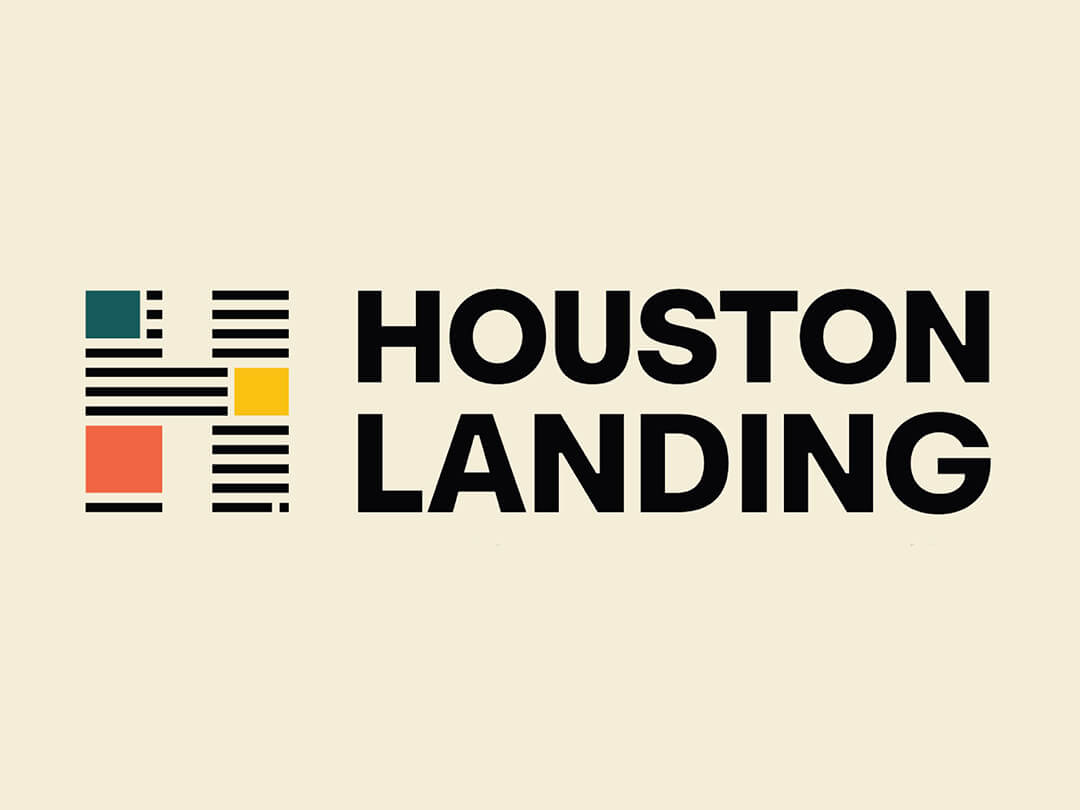Earlier this month, fellow Tidbits contributor Steve Outing took Google to task for not doing more to provide financial support to the struggling newspaper companies whose demise would significantly reduce enterprise reporting in local communities. Outing argued that Google CEO Eric Schmidt, who spoke to newspaper publishers on April 7, should take steps to have Goole help news organizations financially — and withstand the strengthening (and, in both Steve’s and my opinion, largely misguided) movement to charge for online content access.
This week, Google announced a new product that, for savvy online publishers, just might provide a big part of the answer to the online revenue conundrum. Its Doubleclick subsidiary is officially launching Doubleclick Network Builder, a tool that makes it easier for publishers to assemble a group of separate Web sites into a single network for selling, placing and distributing revenue from online advertising.
This is a huge development. Other companies (for instance, Adify, purchased last year by Cox Communications) provide similar services. But none has the financial strength, technology capability and proven track record in online advertising innovation that Google has.
Why do online ad networks matter? On Doubleclick’s blog, Rany Ng points out that as the Web expands, it gets harder and harder for any single publisher to accumulate the traffic needed to generate enough revenue to pay for original content. Networks enable savvy publishers with good sales organizations to sell ads across multiple sites — and to generate higher ad rates through targeting.
A recent report on ad networks (“Online Ad Networks: Disruption — and Opportunity — for Media Businesses”), which I edited for Northwestern’s Media Management Center, argues: “Advertising networks are increasingly defining the future of the online content business.” The problem for publishers is that thus far, the most successful networks sell large volumes of ads at extremely low prices to sites that can’t (or don’t want to) sell their own ad inventory. These “remnant networks” are very unpopular among the most successful online content businesses — ESPN last year announced it would no longer accept ads from these networks, and the chair of the Interactive Advertising Bureau warned publishers not to “trade our advertising space like pork bellies.”
At the same time, though, a growing number of publishers have found they can generate substantial new revenue by selling ads across a “vertical” network of sites catering to people with related interests. Two examples are Glam Media (which has assembled a network of lifestyle sites catering to women) and the JumpStart ad network of automotive sites.
As the Media Management Center report points out, these networks can generate significant new revenue if (1) the network has a skilled online sales staff and (2) the network is powered by technology capable of doing sophisticated targeting based on user behavior across multiple sites. With Doubleclick’s technology, successful online sales organizations have a significant set of new opportunities.
A big challenge for ad networks is dividing up the revenue. MediaPost reports that one company participating in the beta-testing program for Doubleclick Network Builder used to spend two days each month dividing up the revenue among network members. Now the job takes just two hours.
Despite the current downturn in the advertising (and general) economy, I continue to believe that advertising holds the greatest potential for financing the creation of original online content. But this will only be true if ads can be targeted much better than they are today — and, therefore, can generate higher prices on a CPM (cost per thousand impressions) basis. I’m hopeful that Doubleclick Network Builder will prove to be a significant advance in this regard.





